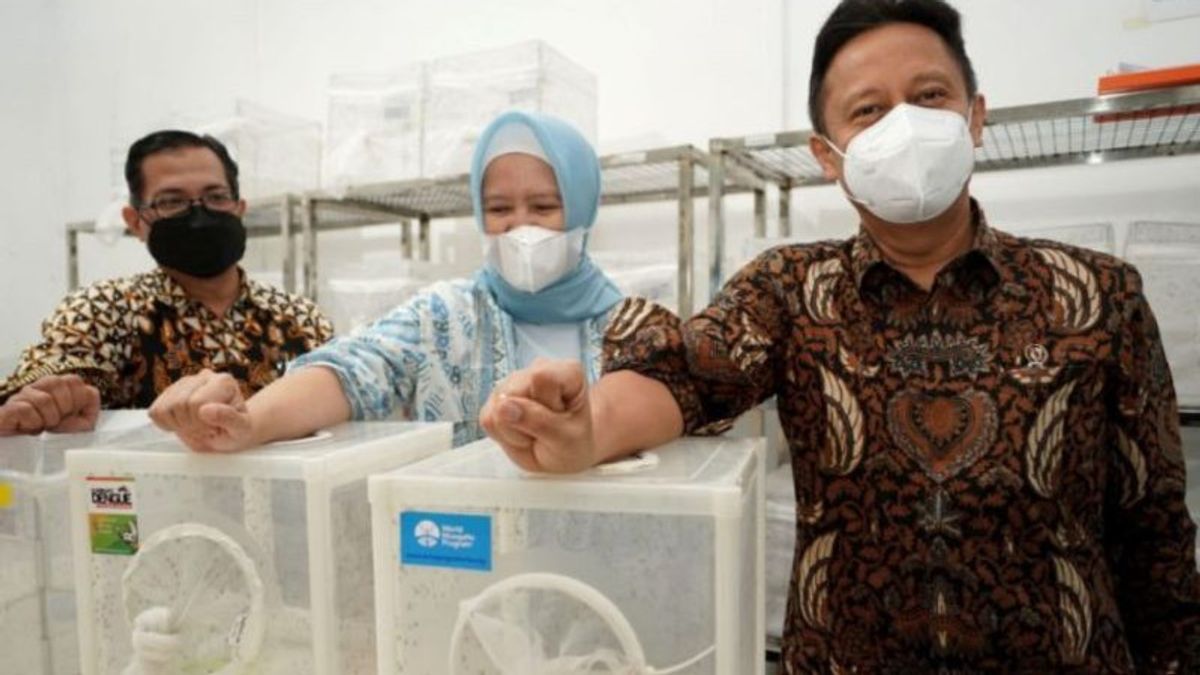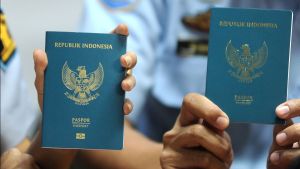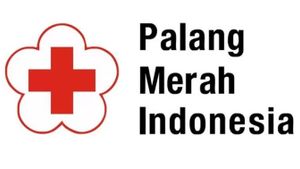YOGYAKARTA - Minister of Health (Menkes) Budi Gunadi Sadikin is interested in the Wolbachia innovation developed by researchers at The World Mosquito Program (WMP) Yogyakarta. The application is to reduce the rate of cases of Dengue Hemorrhagic Fever (DHF) in Indonesia.
This interest was followed up by the Minister of Health, Budi, by visiting the WMP Etomology Laboratory in Yogyakarta, today, Friday, July 22.
"I'm here to learn how to reduce the prevalence of dengue by controlling the mosquito, not eliminating it, but preventing the mosquito from transmitting the virus again. The trick is to insert Wolbachia bacteria into the mosquito, so that if the mosquito bites it won't spread," said Minister of Health Budi in a press release. , Friday 22 July evening.
According to Budi, dengue is still a serious health problem in Indonesia. During the pandemic, the number of people with dengue fever is reported to have continued to increase.
Based on the report from the Directorate of Disease Prevention and Control (P2PM) of the Ministry of Health, cumulatively 61,046 cases with a total of 580 deaths due to dengue occurred in Indonesia until the 27th week of 2022.
Dengue cases were reported from 453 districts/cities in 34 provinces. There were 224 additional cases in week 27 and an additional two deaths.
Cumulatively, the 27th dengue suspect was 77,586 suspects. Generally occurs in the age group 15-44 years.
In order to reduce the threat of dengue spread and transmission, WMP Yogyakarta, which is run by Prof. Adi Utarini, conducted research related to dengue virus control using the Aedes aegypti mosquito that has Wolbachia bacteria.
Adi explained, Wolbachia is a bacterium that can grow naturally in insects, especially mosquitoes, except for the Aedes aegypti mosquito.
Wolbachia bacteria can paralyze the dengue virus, so that if an Aedes aegypti mosquito sucks blood containing the dengue virus, it will be resistant so that it will not spread into the human body.
Tests for the spread of mosquitoes with Wolbachia have been carried out in Yogyakarta City and Bantul Regency, and the plan is to continue to expand. Monitoring was carried out by nurses and researchers to see the effectiveness of Wolbachia bacteria against the spread of the dengue virus.
"As a result, in locations where Wolbachia has been distributed, it has been shown to be able to reduce dengue cases by up to 77 percent. This intervention is much more effective than administering the dengue vaccine and in terms of financing it is also cheaper," he said.
He said the Yogyakarta WMP research had produced evidence that in areas where mosquitoes spread, the dengue rate had decreased by 77.1 percent and the hospitalization rate due to dengue was reduced by 86.1 percent.
In addition to being efficient and effective, Uut ensures Wolbachia is safe, its bite will have no impact on human health.
He hopes that Wolbachia's technological innovations can be adapted as a national program to reduce the spread of dengue in Indonesia.
"So this is an innovation that hopes to strengthen dengue control programs in Indonesia so that people can avoid dengue," he said.
Uut added that the existence of Wolbachia's technological innovation does not necessarily eliminate the existing dengue prevention and control methods in Indonesia.
The public is still asked to carry out 3M Plus movements such as Draining, Closing, and Recycling as well as maintaining personal and environmental hygiene.
The English, Chinese, Japanese, Arabic, and French versions are automatically generated by the AI. So there may still be inaccuracies in translating, please always see Indonesian as our main language. (system supported by DigitalSiber.id)








